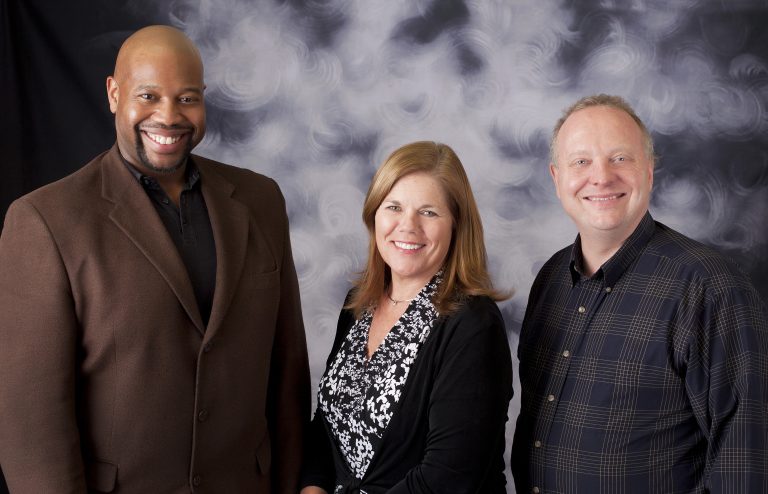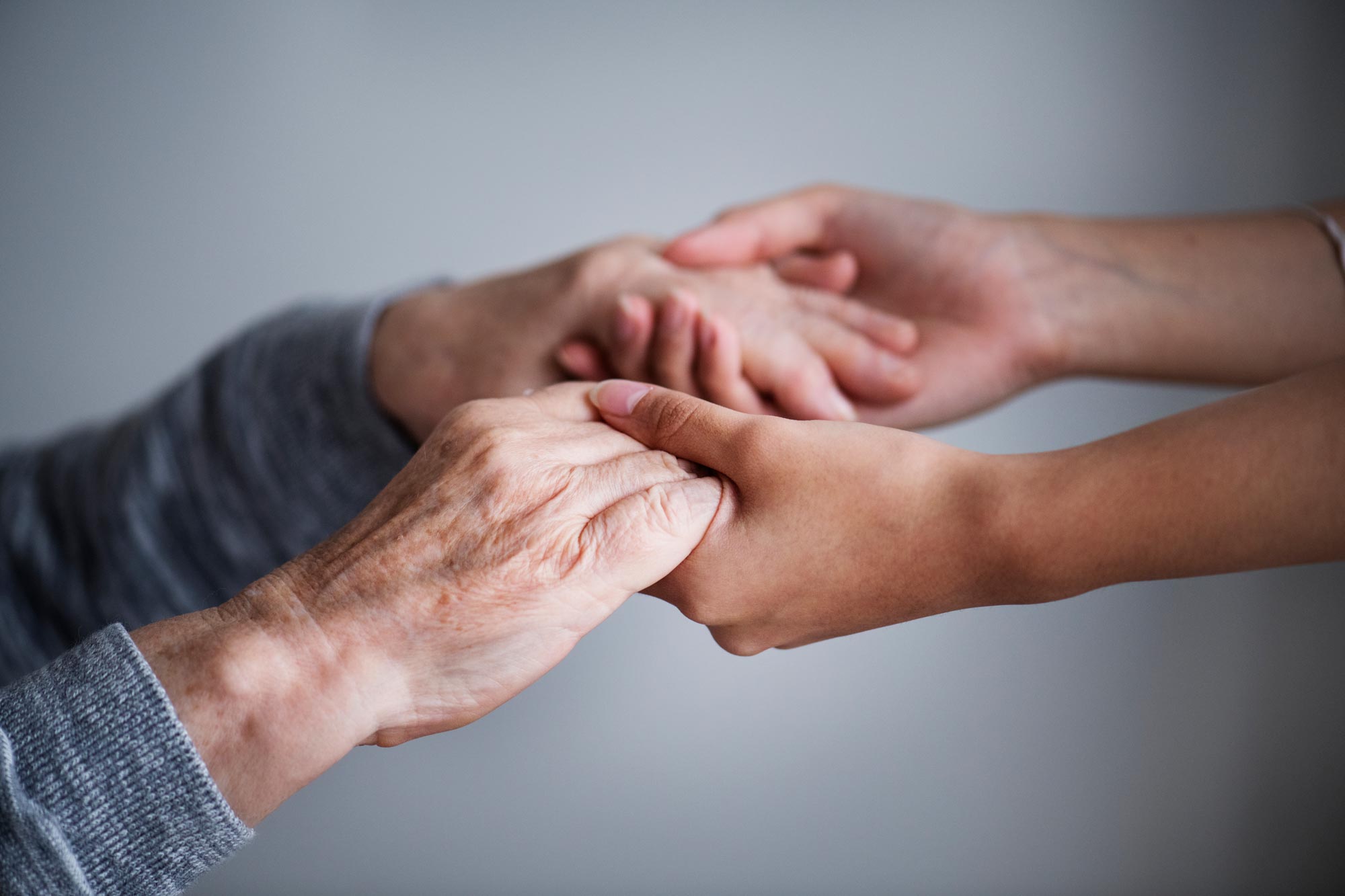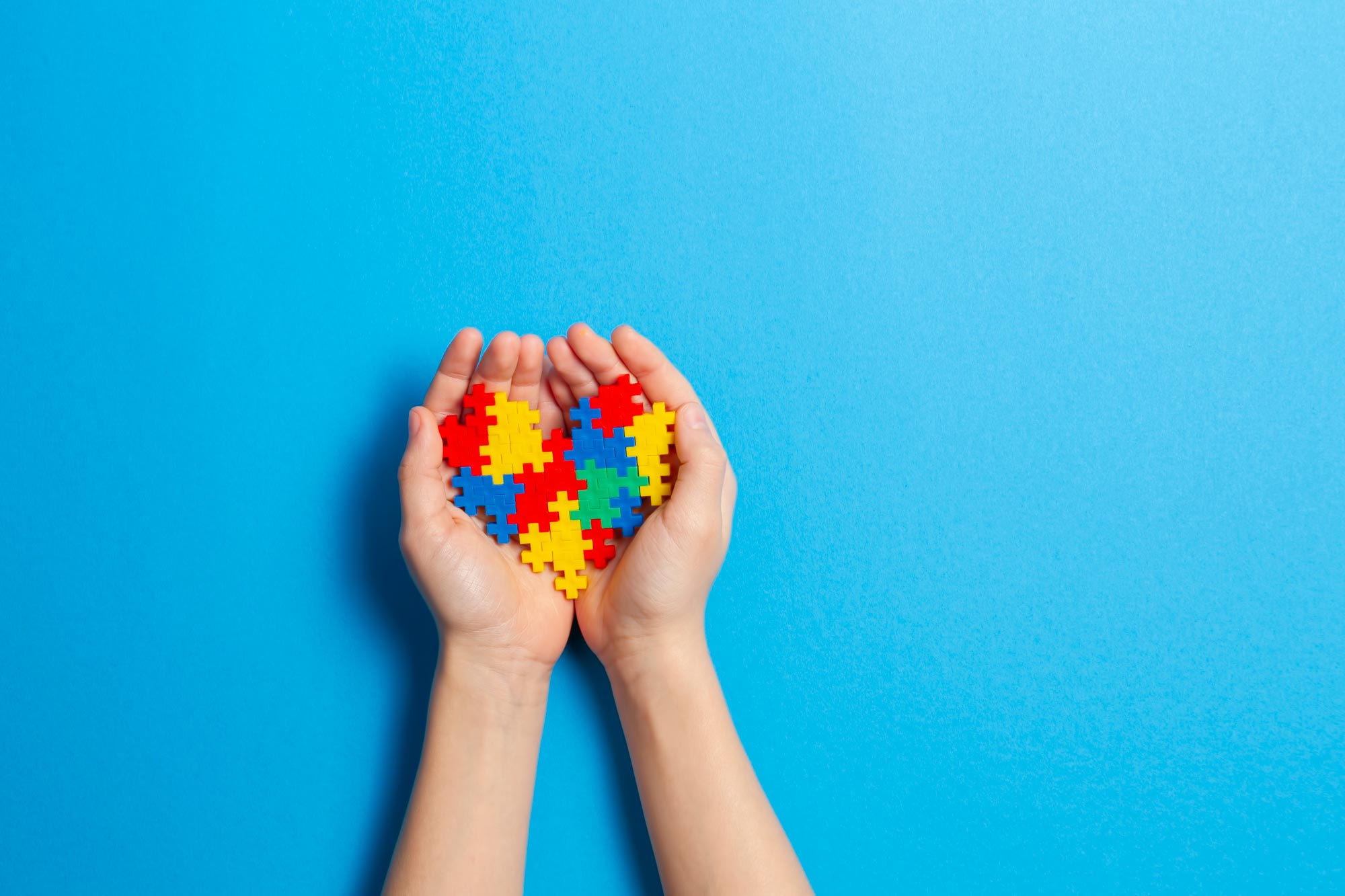Blog

By Dr. Aaron Ellington, PhD, LPCC-S, LICDC-CS
Attention-Deficit/Hyperactivity Disorder (ADHD) is a neurodevelopmental condition that affects millions of children and adults worldwide. While it may look different across ages, the need for accurate diagnosis and effective treatment remains the same. The good news? ADHD is highly treatable with the right combination of strategies tailored to the individual.
In this blog, we’ll explore evidence-based treatment options for both children and adults living with ADHD.
ADHD Treatment in Children
Early intervention is crucial for children with ADHD, as it can significantly improve academic, social, and emotional development.
1. Behavioral Therapy
Behavioral interventions are typically the first line of treatment for young children (especially under age 6).
- Parent training programs help caregivers reinforce positive behaviors and manage challenging ones.
- School-based supports, including IEPs or 504 plans, create structured environments that foster success.
2. Medication
For children over 6, stimulant medications (e.g., methylphenidate, amphetamine-based) may be recommended:
- These help improve focus, reduce impulsivity, and control hyperactivity.
- Non-stimulant options (like atomoxetine or guanfacine) are available if stimulants aren’t well tolerated.
3. Educational Support
- Collaborating with teachers and school counselors ensures consistency between home and classroom strategies.
- Some children benefit from accommodations like extended time on tests, frequent breaks, or preferential seating.
4. Counseling or Play Therapy
Therapy can help children cope with emotional frustration, build self-esteem, and improve social skills.
ADHD Treatment in Adults
ADHD doesn’t disappear with age, it’s evolving. Adults often struggle with time management, procrastination, disorganization, and emotional regulation.
1. Medication
Many adults benefit from the same stimulant medications prescribed in childhood, though dosing and monitoring differ. Non-stimulants or combination treatments may also be used.
2. Cognitive Behavioral Therapy (CBT)
CBT helps adults recognize and change unhelpful thought patterns. It can:
- Improve focus and motivation
- Reduce anxiety and shame often associated with ADHD
- Teach skills for time management, goal setting, and organization
3. Coaching and Skill-Building
Therapists provide practical, real-world support for:
- Structuring routines
- Prioritizing tasks
- Breaking goals into manageable steps
4. Workplace Accommodations
Adults may benefit from:
- Flexible work schedules
- Task reminders or digital tools
- Reduced distractions or modified workloads
One Diagnosis, Many Paths
While ADHD presents differently across the lifespan, one thing remains constant: individualized treatment works best. What helps a hyperactive third-grader may not serve a forgetful adult, and vice versa. That’s why collaborative care—between medical providers, mental health professionals, educators, and family is key.
Final Thoughts
Living with ADHD comes with unique challenges, but also unique strengths; creativity, passion, energy, and innovation. With the right tools, individuals with ADHD can thrive in school, work, and life.
If you or your child is struggling with attention, focus, or impulse control, professional assessment is the first step toward clarity and support. Behavioral Health Services of Greater Cleveland offers comprehensive ADHD evaluations for children, teens, and adults. Our team is here to guide you with sensitivity, expertise, and respect. Contact us today to learn more or schedule a consultation. Behavioral Health Services of Greater Cleveland has two locations: Rocky River and Medina. Please call (866) 466-9591 ext. 0 for an intake.
Founded in 2008, BHSOGC has delivered professional Psychology Services to the greater Cleveland area with offices in Medina and Rocky River. We are a multi-disciplinary group practice with a clinical staff of psychologists, licensed social workers and masters level therapists.




